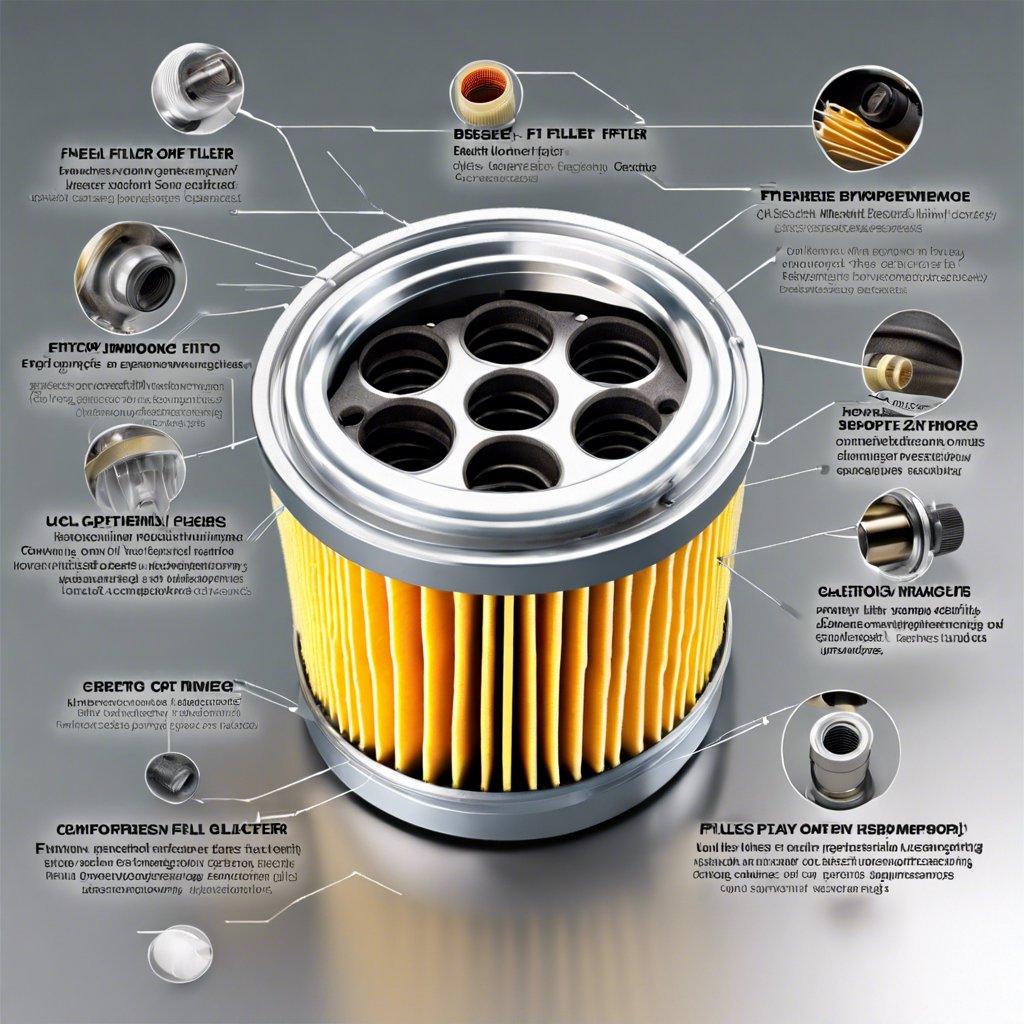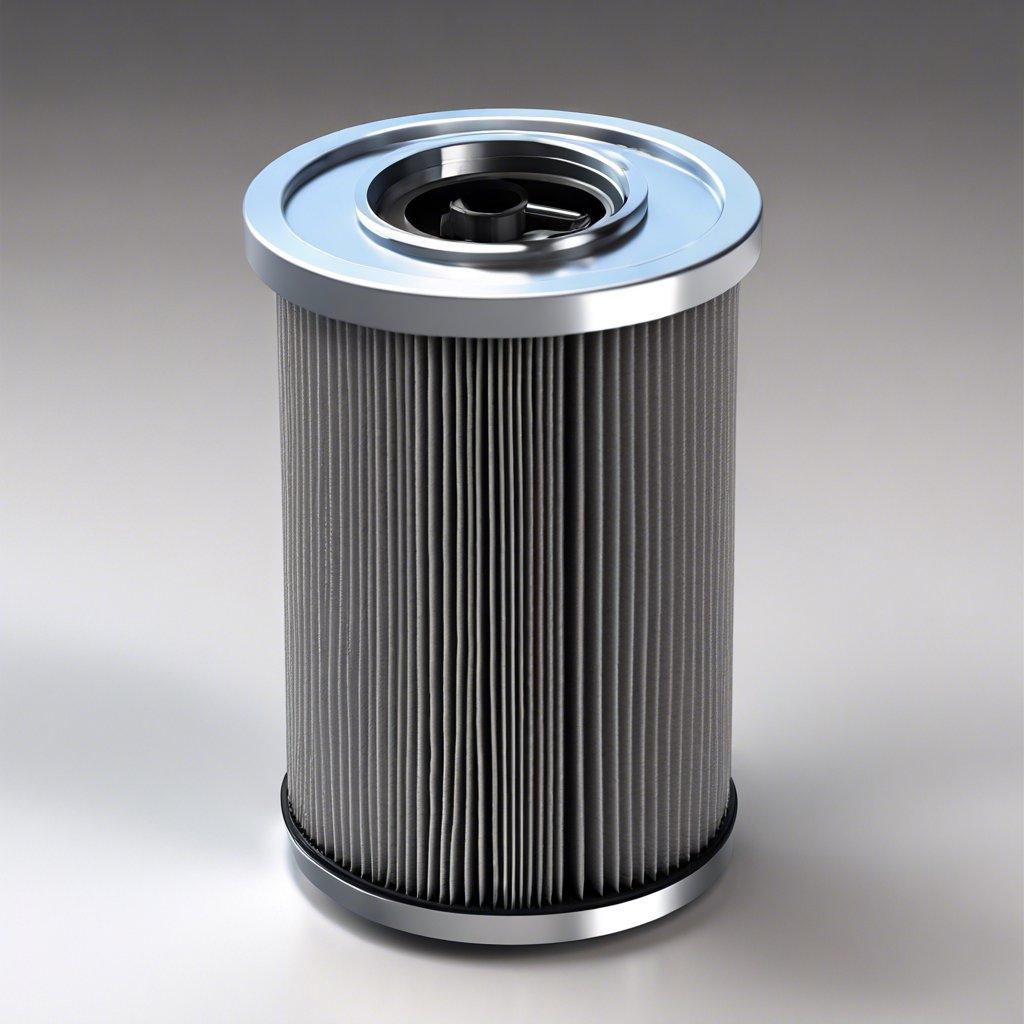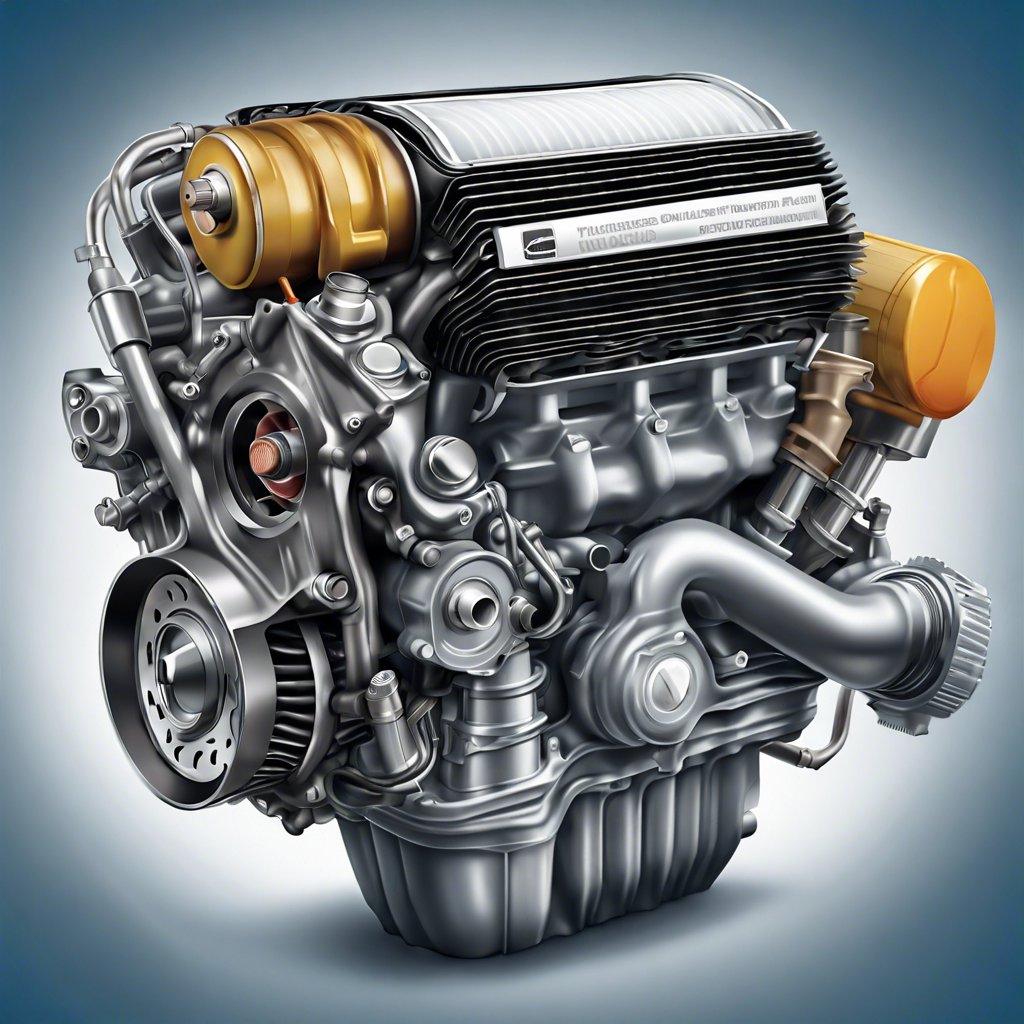Understanding Fuel Filter Symptoms: A Closer Look
Troubleshooting Fuel Filter Malfunctions: Symptoms and Implications

Fuel Filter Malfunction Symptoms
A malfunctioning fuel filter can exhibit a range of symptoms, each with its own implications for the vehicle’s performance and overall health. Understanding these symptoms is crucial for prompt diagnosis and effective troubleshooting.
Reduced Fuel Efficiency
A clogged or restricted fuel filter can impede the flow of fuel, leading to a decrease in the engine’s efficiency. This can result in reduced fuel economy, as the engine has to work harder to generate the same level of power.
Difficulty Starting the Engine
A fuel filter that is severely clogged or blocked can restrict the flow of fuel to the engine, making it difficult or even impossible to start the vehicle. This symptom is particularly concerning, as it can leave the driver stranded.
Rough Idling and Stalling
When the fuel filter is not functioning properly, the engine may experience rough idling or even stall unexpectedly. This can be caused by an uneven fuel supply, leading to inconsistent combustion in the engine.
Decreased Engine Power and Performance
A clogged fuel filter can reduce the amount of fuel reaching the engine, resulting in a noticeable decrease in engine power and overall performance. This can be especially evident during acceleration or when the vehicle is under load.
Implications of Fuel Filter Malfunctions
Ignoring the symptoms of a malfunctioning fuel filter can lead to more severe consequences, including:
- Increased Fuel Consumption: A restricted fuel filter forces the engine to work harder, leading to higher fuel consumption and increased operating costs.
- Potential Engine Damage: If the fuel filter becomes severely clogged, it can restrict the flow of fuel to the point where the engine is starved of the necessary lubrication, potentially causing internal damage.
- Reduced Vehicle Reliability: Intermittent stalling, poor acceleration, and other performance issues caused by a faulty fuel filter can compromise the overall reliability of the vehicle, leading to frustration and inconvenience for the driver.
| Symptom | Potential Cause | Recommended Action |
|---|---|---|
| Reduced Fuel Efficiency | Clogged or restricted fuel filter | Replace the fuel filter |
| Difficulty Starting the Engine | Severely clogged or blocked fuel filter | Replace the fuel filter |
| Rough Idling and Stalling | Malfunctioning fuel filter | Inspect and replace the fuel filter if necessary |
| Decreased Engine Power and Performance | Clogged fuel filter | Replace the fuel filter |
By recognizing the symptoms of a malfunctioning fuel filter and addressing the issue promptly, you can help maintain your vehicle’s optimal performance, improve fuel efficiency, and prevent more serious and costly problems down the line.
Fuel Filter Diagnostics: Identifying the Root Cause of Performance Issues
As an engineering or technology professional, understanding the symptoms of a malfunctioning fuel filter is crucial for maintaining optimal vehicle performance and efficiency. In this comprehensive guide, we will delve into the diagnostic process, helping you identify the root cause of any performance issues related to the fuel filter.
Symptoms of a Faulty Fuel Filter
The fuel filter plays a vital role in ensuring a clean and consistent flow of fuel to the engine. When the filter becomes clogged or restricted, it can lead to a variety of performance issues, including:
- Decreased fuel efficiency
- Rough idling or engine stalling
- Reduced power and acceleration
- Difficulty starting the engine
Diagnosing the Problem
To identify the root cause of the performance issues, it is essential to follow a systematic diagnostic process. This includes:
- Visually inspecting the fuel filter for signs of blockage or damage
- Checking the fuel pressure and flow rate at various points in the fuel system
- Analyzing any diagnostic trouble codes (DTCs) related to the fuel system
- Considering the vehicle’s mileage and the recommended fuel filter replacement interval
Fuel Filter Replacement
If the diagnostic process indicates a faulty fuel filter, the next step is to replace it. It is important to use a high-quality replacement filter and follow the manufacturer’s recommended replacement schedule to ensure optimal engine performance and fuel efficiency.
| Symptom | Potential Cause | Recommended Action |
|---|---|---|
| Decreased fuel efficiency | Clogged fuel filter | Replace the fuel filter |
| Rough idling or engine stalling | Restricted fuel flow due to a clogged filter | Replace the fuel filter |
| Reduced power and acceleration | Inadequate fuel supply caused by a clogged filter | Replace the fuel filter |
| Difficulty starting the engine | Insufficient fuel reaching the engine due to a blocked filter | Replace the fuel filter |
By following this diagnostic process and addressing any fuel filter-related issues, you can help ensure optimal engine performance, fuel efficiency, and overall vehicle reliability for your engineering or technology-focused organization.
Optimizing Fuel System Efficiency: The Crucial Role of the Fuel Filter
In the world of engineering and technology, the efficiency of fuel systems is a critical factor that directly impacts the performance, reliability, and longevity of various machinery and vehicles. At the heart of this efficiency lies the fuel filter, a often overlooked yet indispensable component that plays a vital role in ensuring the smooth and reliable operation of the fuel system.
The Importance of the Fuel Filter
The fuel filter is responsible for removing contaminants, such as dirt, rust, and other particulates, from the fuel before it reaches the sensitive components of the fuel system, such as the fuel pump, injectors, and engine. These contaminants can cause significant damage if left unchecked, leading to reduced fuel efficiency, decreased engine performance, and even catastrophic failures.
By maintaining a clean and efficient fuel filter, engineers and technologists can optimize the performance of their fuel systems, ultimately enhancing the overall reliability and longevity of the machinery or vehicle in question.
Understanding Fuel Filter Symptoms
Recognizing the symptoms of a malfunctioning or clogged fuel filter is crucial for proactive maintenance and troubleshooting. Some common signs of a problematic fuel filter include:
- Decreased fuel efficiency
- Reduced engine power or performance
- Difficulty starting the engine
- Stalling or hesitation during acceleration
These symptoms can indicate that the fuel filter is obstructed, restricting the flow of fuel and causing the engine to struggle. By identifying these issues early, engineers and technologists can take the necessary steps to replace the fuel filter and restore optimal fuel system performance.
| Symptom | Potential Cause |
|---|---|
| Decreased fuel efficiency | Clogged fuel filter restricting fuel flow |
| Reduced engine power or performance | Insufficient fuel delivery due to a blocked fuel filter |
| Difficulty starting the engine | Inadequate fuel supply caused by a malfunctioning fuel filter |
| Stalling or hesitation during acceleration | Restricted fuel flow through a clogged fuel filter |
By understanding these common fuel filter symptoms, engineers and technologists can proactively maintain their fuel systems, ensuring optimal performance and reliability for their machinery and vehicles.
Fuel Filter Maintenance: Preventing Costly Breakdowns and Enhancing Engine Life
The fuel filter plays a crucial role in the performance and longevity of your vehicle’s engine. Regularly maintaining and replacing this vital component can help prevent costly breakdowns and ensure your engine runs at its best. In this comprehensive guide, we’ll explore the importance of fuel filter maintenance and how it can enhance your engine’s life.
The Importance of Fuel Filter Maintenance
The fuel filter is responsible for removing contaminants and impurities from the fuel before it reaches the engine. Over time, this filter can become clogged with debris, restricting the flow of fuel and causing a range of issues, including:
- Reduced fuel efficiency – A clogged fuel filter can cause the engine to work harder, resulting in decreased fuel economy.
- Decreased engine performance – Restricted fuel flow can lead to a loss of power, hesitation, and difficulty starting the vehicle.
- Increased emissions – A blocked fuel filter can cause the engine to run less efficiently, leading to higher emissions.
- Engine damage – In severe cases, a clogged fuel filter can cause the fuel pump to work overtime, potentially leading to premature failure and costly engine repairs.
Fuel Filter Replacement Intervals
The recommended fuel filter replacement interval can vary depending on your vehicle’s make, model, and driving conditions. As a general guideline, most manufacturers suggest replacing the fuel filter every 30,000 to 50,000 miles or as specified in your owner’s manual. However, it’s important to note that more frequent replacement may be necessary in certain situations, such as:
| Condition | Recommended Replacement Interval |
|---|---|
| Frequent towing or hauling heavy loads | Every 15,000 miles |
| Driving in dusty or off-road conditions | Every 20,000 miles |
| Using low-quality or contaminated fuel | Every 10,000 miles |
Maintaining Your Fuel Filter
Regular inspection and replacement of your fuel filter is essential for keeping your engine running at its best. Here are some tips to help you maintain your fuel filter:
- Check your owner’s manual for the recommended replacement interval and follow the manufacturer’s guidelines.
- Monitor your vehicle’s performance for any signs of a clogged fuel filter, such as reduced fuel efficiency, hesitation, or difficulty starting.
- Consider replacing the fuel filter whenever you change your engine oil, as this can help ensure optimal engine performance.
- Always use a high-quality replacement fuel filter to ensure proper fit and performance.
By following these best practices for fuel filter maintenance, you can help prevent costly breakdowns, extend the life of your engine, and enjoy a more reliable and efficient driving experience.




Post Comment